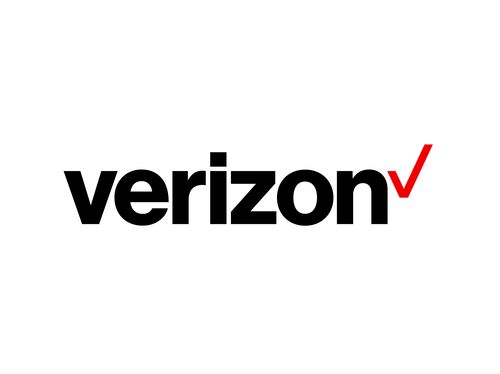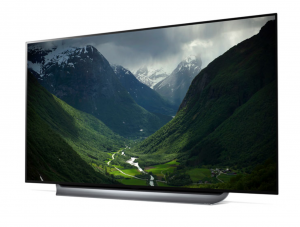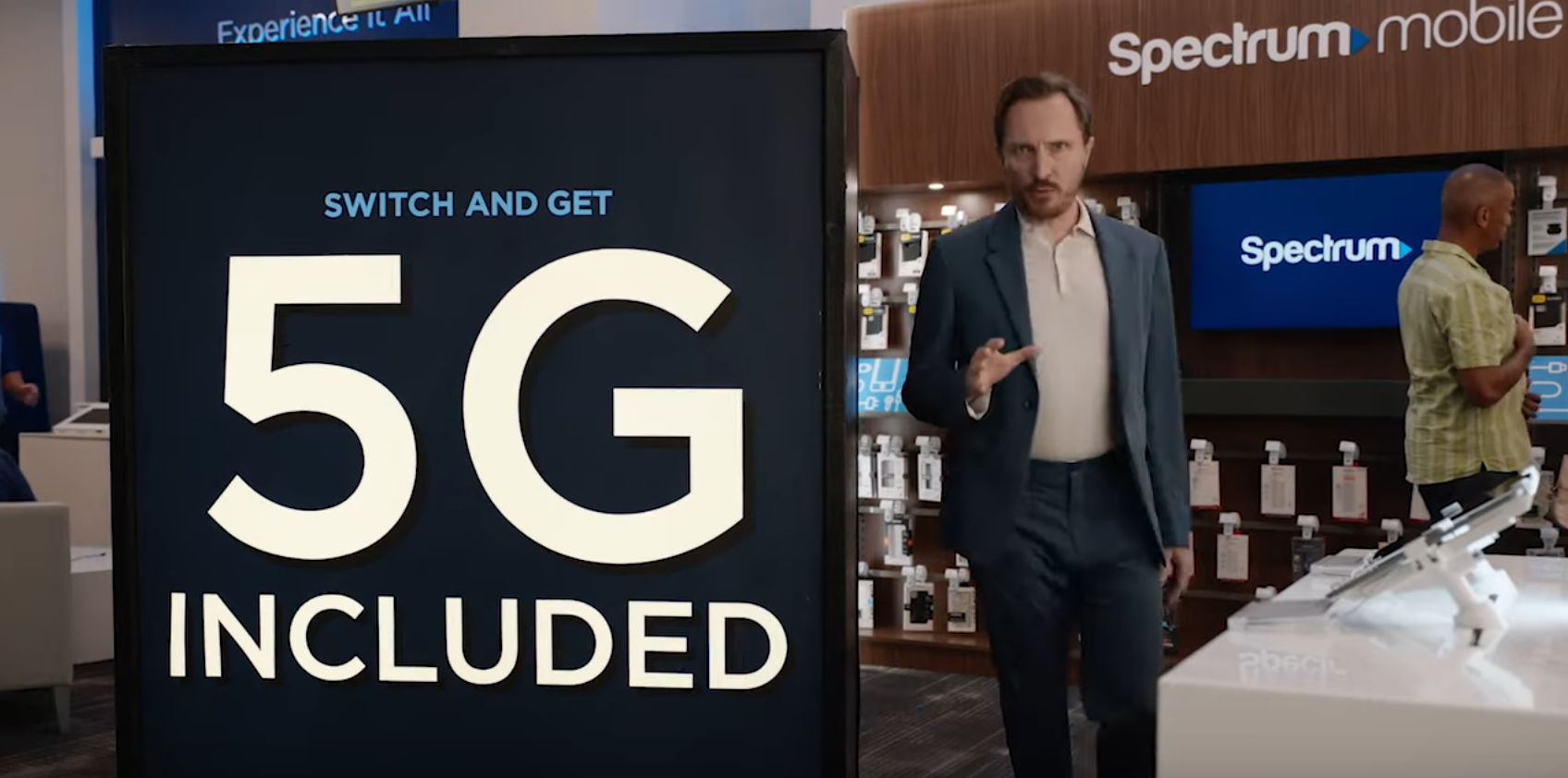
Verizon: ‘You Dunk It, We Upgrade It’
Except when there’s battery damage.
 LG has agreed to stop claiming that competitor Samsung created a new television technology called QLED to “confuse consumers,” while it fights to continue claiming that its similarly named OLED TVs offer the “ultimate in picture quality.”
LG has agreed to stop claiming that competitor Samsung created a new television technology called QLED to “confuse consumers,” while it fights to continue claiming that its similarly named OLED TVs offer the “ultimate in picture quality.”
Both come in response to a recent The National Advertising Division (NAD) is the advertising industry’s self-regulatory body administered by the Council of Better Business Bureaus. inquiry sparked by a Samsung challenge that found “no evidence” of Samsung “intentionally trying to confuse consumers” with its QLED-branded TVs. While LG argued that it was merely quoting experts, NAD said:
[A]dvertisers may not make claims either through consumer testimonials or expert endorsements that could not be substantiated if made directly by the advertiser.
What’s the difference between LG’s OLED TV and Samsung’s QLED TV, besides one letter? If your primary concern is the quality of the picture, perhaps not much at all. Both have 4K resolution and are capable of producing an “excellent picture,” according to PCMag.com. It’s mainly the different types of technology — OLED stands for organic light-emitting diode and QLED for quantum dot light-emitting diode — that separate the two. But even then the gap appears to be narrowing.
According to USA Today tech columnist Marc Saltzman:
Unlike OLED materials, quantum dots are inorganic, which translates to longer-lasting displays and don’t suffer from any “burn-in” (ghost images) issues, though LG has added technologies to mitigate this.
Perhaps this is why LG is appealing NAD’s recommendation that it cease claiming to offer the “ultimate in picture quality,” a claim that appears on the company’s website as well as in print and point-of-purchase advertising.
Check back for updates.
Find more of our coverage on TVs here.
Our Ad Alerts are not just about false and deceptive marketing issues, but may also be about ads that, although not necessarily deceptive, should be viewed with caution. Ad Alerts can also be about single issues and may not include a comprehensive list of all marketing issues relating to the brand discussed.
Except when there’s battery damage.
Interested in 5G? Spectrum Mobile may not have you covered.
When you don’t own what you buy.

